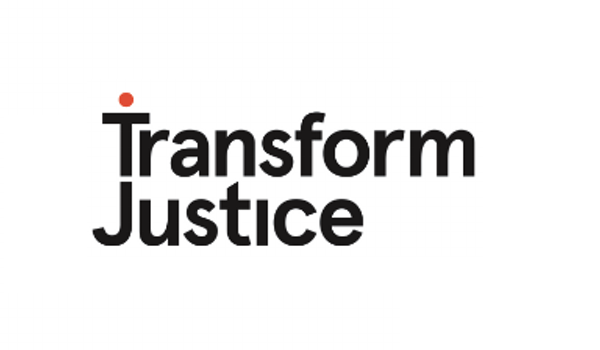Virtual remand hearings a ‘travesty of justice’
Courts have been urged to immediately stop using video remand hearings or risk deepening current problems with the criminal justice system.
Transform Justice claims thousands of people arrested for summary offences regularly face a difficult choice of waiting in prison for hours or agreeing to a virtual remand hearing.
However, in a report published on Monday (March 19), it alleges those who take the latter option face reduced access to lawyers and having their case prejudiced against them.
The charity also claims remand is being over-used and under-scrutinised as more than half of those remanded and tried in magistrates’ courts do not receive custodial sentences.
It called for a review of the Bail Act and for the use of video hearings to be placed on hold until their effect on an individual’s chance of being bailed is thoroughly researched.
Penelope Gibbs, director of Transform Justice, said: “The problem with totally virtual remand hearings, is that they are likely to embed and exacerbate the problems in the current system – that the remand prisoner cannot easily consult with their lawyer, and that in court there is insufficient challenge to the prosecution case for remand.
“Remand hearings seem to have been chosen to go virtual because they are currently almost a tick box exercise and are over in minutes.
“But that is exactly why so many remand hearings are a travesty of justice.”
Nearly 11,000 people charged with summary offences were remanded in 2017, but a quarter of those whose cases stayed in the magistrates’ court were acquitted and 33 per cent received non-custodial punishments.
Eleven per cent of England and Wales’s prison population is on remand, up four per cent in the last year, compared with 28 per cent in Northern Ireland.
However, the prison population in England and Wales is much higher at 143 people per 100,000 population – almost double the Northern Irish rate.
Less than half of people on remand are also not accused of sexual or violent offences, with just 44 per cent held for crimes such as violence against the person, robbery and sexual offences.
Fifteen per cent were accused of theft and 17 per cent were accused of drug crimes.
Transform Justice claims the high numbers of people on remand has led to significant costs, as administrative expenses alone for processing remand prisoners account for 11 per cent of the total prison budget.
Its report heard evidence from prosecutors that defendants who appear via video link may be more likely to face tougher sentences, with one claiming “it is easier to do something negative to someone when they are not physically present”.
While the charity claimed many prisoners prefer virtual hearings to avoid the transfer process, use of this system may prejudice outcomes against them.
Ministry of Justice research has shown a strong correlation between appearing on video and a higher likelihood of being imprisoned.
Defendants in these cases are also less likely to have legal representation, as almost half of the participants in the study were not defended by a lawyer.
The 311 legal practitioners polled by Transform Justice agreed use of video link affected the process of a bail decision.
Ninety-two of these said those who appear on video are less likely to get bail, compared to 40 who disagreed.
Defence advocates claimed virtual hearings led to insufficient time to consult with their clients, and limits the client’s ability to communicate with the court during their hearing.
The Government has previously developed plans for a fully virtual remand court in which all parties will appear on video.
Sussex PCC Katy Bourne has led a project to install video-link cameras into courts across the South East.
Ms Bourne told Police Professional the programme can “help improve confidence in the criminal justice system”.
She added: “The programme will explore how criminal justice working practices can be transformed, using video, to achieve better access to justice for everyone.
“Independent academic evaluation of the project will help determine whether or not court decisions are impacted by the use of video technology.”




